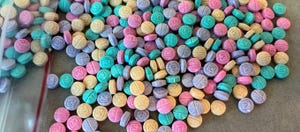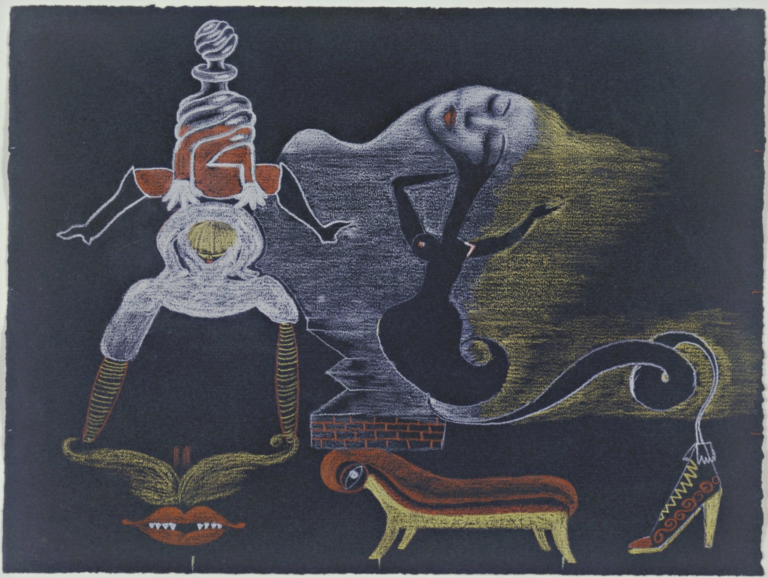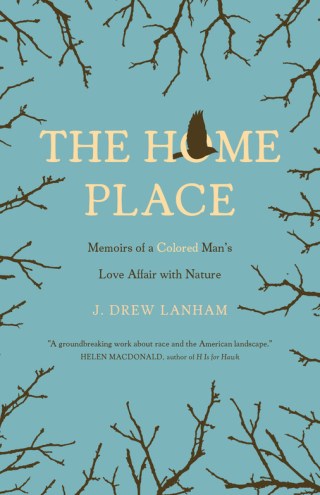
The false rumor is the latest example of a real concern being exaggerated into a manufactured moral panic pushed largely by political figures on the right, who try to exploit fears and whip up outrage about liberal policies around immigration, law enforcement and other issues. Social media has served as a breeding ground for the Halloween candy hoax.
Fentanyl is a synthetic opioid intended to relieve intense pain, and it’s up to 50 times more potent than heroin and 100 times stronger than morphine, according to the US Centers for Disease Control and Prevention. More than 100,000 people died from fentanyl overdoses in the US from April 2020 to April 2021, and the drug was the leading cause of death for adults 18 to 45 years old.
-
Google Ad Manager Launches Programmatic Email Ads
Google Ad Manager has quietly published documentation for a beta version of an advertising tag for email newsletters.
Email ads are cookie-proof. They do not depend on third-party tracking cookies for targeting. The end of tracking cookies in web browsers (as soon as 2025) has publishers and advertisers searching for new channels.
Email’s targeting capability could be the primary reason GAM is adding support.
Multilingual WordPress Sites to Reach a Global AudienceIf you are seeking to broaden the reach of your WordPress site to target an international audience, the following discussion on the leading multilingual WordPress plugins will be of interest. The plugins to be covered include WPML, Polylang, Weglot, TranslatePress, and GTranslate.
How to Reset Forgotten Root Password in RHEL SystemsThis article will guide you through simple steps to reset forgotten root password in RHEL-based Linux distributions such as Fedora, CentOS Stream, Rocky and Alma Linux.
VMware NSX Multi-tenancy; True Tenant Isolation?What is VMware NSX multi-tenancy? Historically multi-tenancy in VMware NSX was a Tier-0 gateway, otherwise known as the provider router, with one or many child Tier-1 gateways.
How To Install Elasticsearch On RunCloudElasticsearch is a powerful, open-source search engine and analytics platform for storing, searching, and analyzing large volumes of data in real time.
WooCommerce vs BigCommerce: What’s the Best Choice?If you’re starting an online store, one of the first decisions you’ll need to make is the eCommerce platform you’re going to use.
Top WordPress Backup Plugins to Safeguard Your Website Data and Ensure RecoveryGiven the abundance of backup plugins available, the process of selecting the most suitable one can be daunting. This article aims to examine prominent WordPress backup plugins such as UpdraftPlus, BackupBuddy, BlogVault, among others.
Though the DEA doesn’t see any signs of drug dealers planning to give kids disguised fentanyl pills on Halloween, there was a case of pills being hidden in repurposed candy packages. On Oct. 19, authorities at Los Angeles International Airport seized 12,000 pills believed to contain fentanyl. The suspect had tried to sneak them through a security checkpoint and onto a plane by emptying out individual candy bags and boxes and refilling them with the tablets. Officials told the Los Angeles Times that it’s unlikely the pills would’ve been passed off as candy, calling the maneuver “a concealment tactic.”
In August, the US Drug Enforcement Administration put out a warning about “rainbow fentanyl,” colorful versions of the highly addictive opioid drug that could appeal to younger people. Springing from the report were unfounded concerns over children and Halloween, despite the head of the DEA saying there’s no indication of a real threat.
But in September, DEA Administrator Anne Milgram told NBC News that the agency didn’t see anything indicating that fentanyl pills will be put in Halloween candy.
Halloween is no stranger to urban myths — think razor blades in apples or poison in candies, decades ago. This year, a new hoax is spreading on social media, warning parents to watch out for drug dealers giving trick-or-treaters fentanyl pills disguised as candy. But there’s no evidence of it being true.
“We have not seen any connection to Halloween,” Milgram said again, two days later, on Fox News.
Some of the more notable names spreading this rumor are Florida Attorney General Ashley Moody; Republican National Committee Chair Ronna McDaniel and Rep. Majorie Taylor-Greene, a Republican from Georgia. Even Chuck Schumer, the Democratic Senate Majority leader, briefly referenced Halloween when discussing the dangers of rainbow fentanyl.






